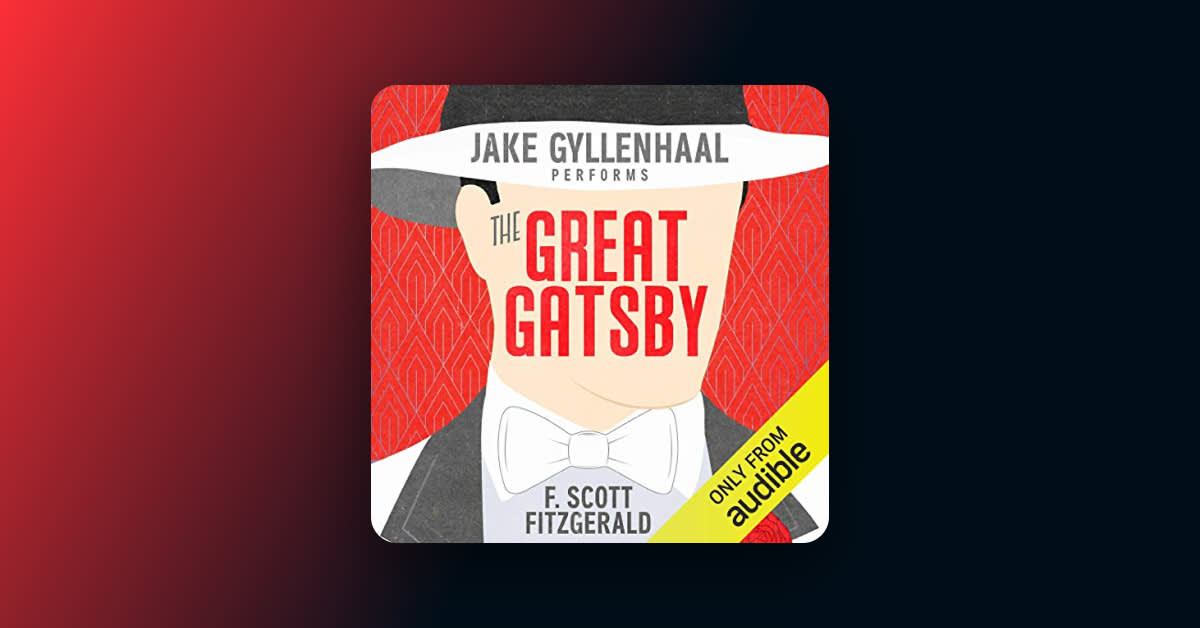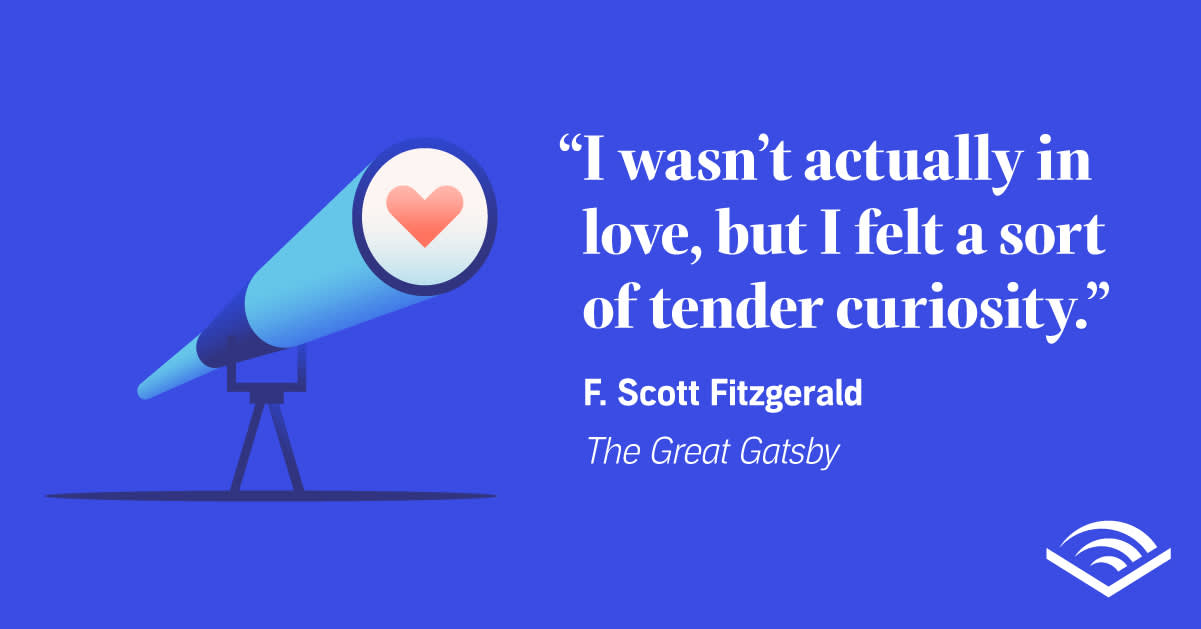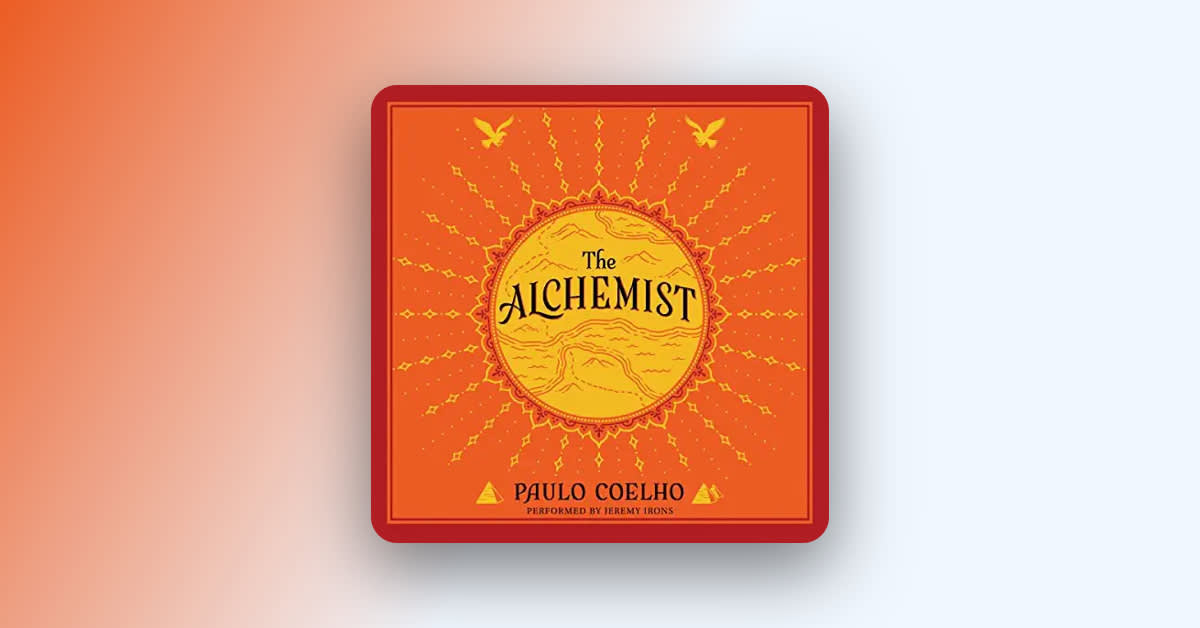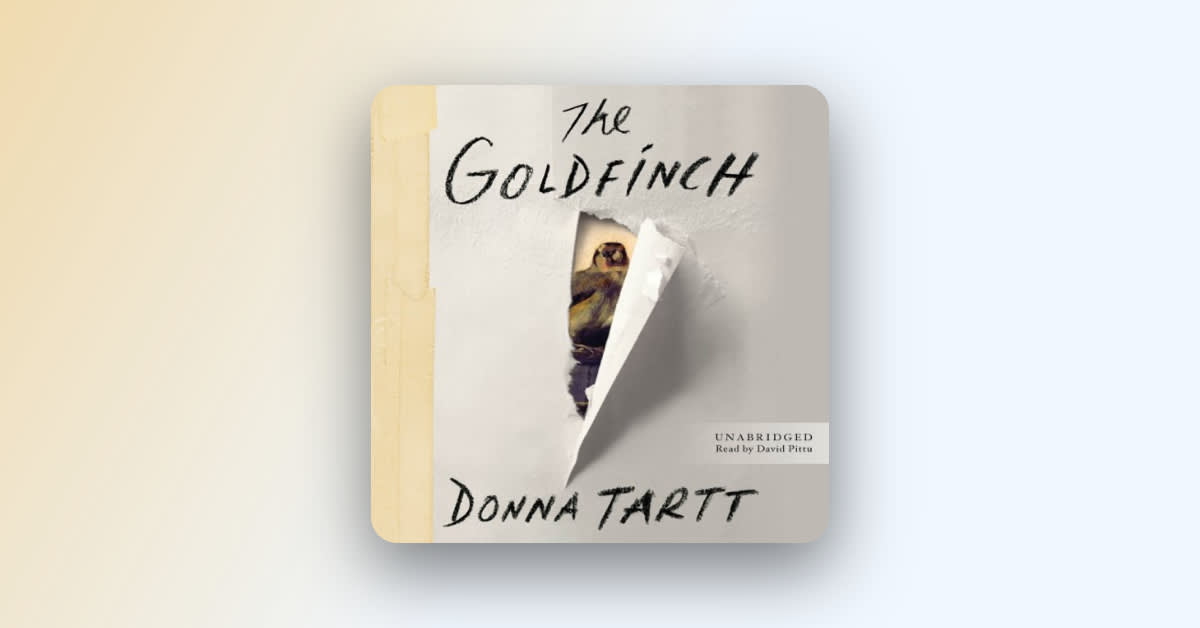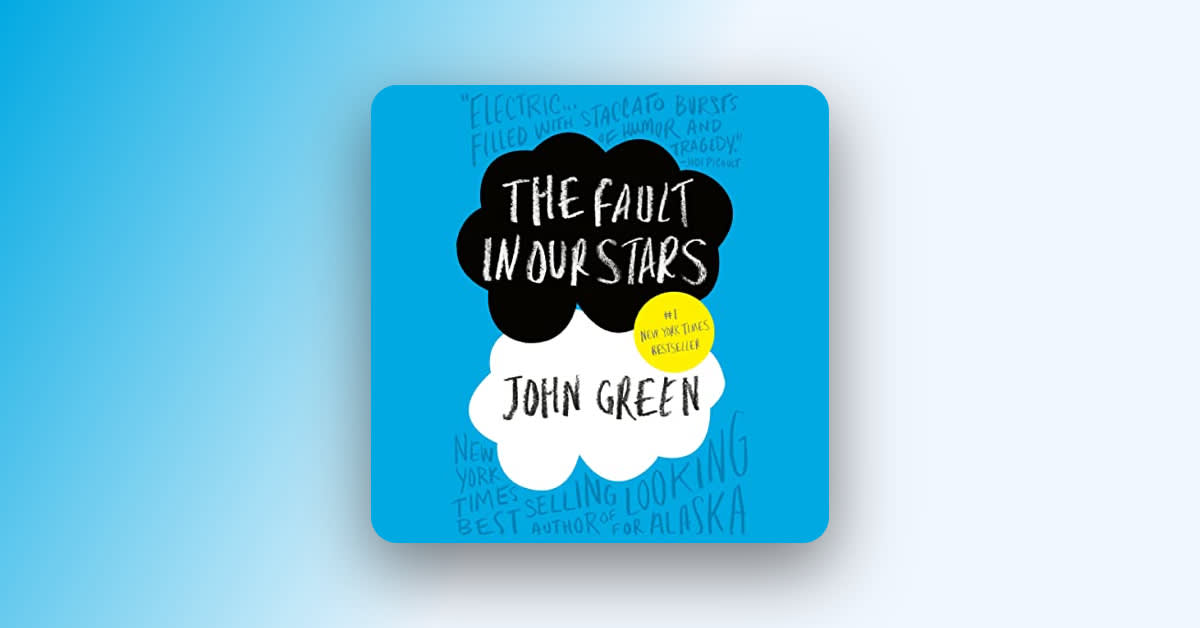Why it’s essential
This exceptionally crafted tale of America at the height of the Roaring 20s is full of wit, charm, and a deft critique of the American Dream.
Featured in .
What is The Great Gatsby about?
Fitzgerald details an alluring way of life centering the wealthy Jay Gatsby who throws dazzling parties at the height of the Roaring 20s in an attempt to reconnect with his long-lost love. The novel unravels to reveal the arrogance of the rich, stark class disparities, and the thinness of most relationships.
Editor's review
Editor Madeline loves memoir, literary fiction that tackles the existential, and all the sapphic stories she can get her hands on.
If you ever find yourself pondering the correlation between the greatness of a work and it’s commercial success (or lack there of), and whether or not the first has anything to do with the latter, here’s a case study to wrap your mind around— died thinking that his third novel, , was a dismal failure and that his body of work would soon be forgotten.
While the novel sold only 20,000 copies during Fitzgerald’s lifetime, The Great Gatsby stood the test of time and is now widely considered Great American Novel canon. Largely seen as a literary masterpiece, the novel has made its way into high school and college curriculum as required reading, inspired multiple critically acclaimed films, and set the stage for creative spin-offs set in the world of Gatsby (such as , a reimagined take on the novel from the perspective of Daisy Buchanan herself), and has generally inserted itself into American vernacular.
There are other authors and novels with similar stories; for instance, was a critical and commercial flop until it finally gained popularity 30 years after author Herman Melville passed. Sometimes an author is ahead of his or her time, and sometimes chance works in mysterious ways. In Fitzgerald’s case, copies of Gatsby were handed out freely to soldiers during World War II. The renewed interest in the book breathed new life into it, and from that moment on, Gatsby soared.
Today, the nostalgia conjured by the Roaring 20s is in a kind of renaissance. Or maybe, the truth is that a sort of longing for the romanticism of this era never really died. In lower Manhattan, guests can venture into for instance, which is an interactive theatre of sorts equipped with a speakeasy tour and live performance. , a new musical, is running off-Broadway, and a general appreciation of not only the classic novel but also the time in which the novel was set is alive and well. Don’t we all want to live in a time where the champagne flows, and life, for a brief moment at least, seemed easy?Like so many, I first read the novel in high school and was recently reacquainted when the story was brought up in casual conversation as though it were new. (This is, I think, how the classics remain the classics, right?) Part romance, part glamour, and part nostalgia for a present that was already somehow lost in its own prime, is a snapshot of what life was like back then, for some—and it’s the all-consuming vicarious escapism that makes for an enthralling listen (and it doesn’t hurt that the tale is narrated by none other than the multi-talented Jake Gyllenhaal). While we follow the deliciously wealthy Jay Gatsby as he tries to win back his long lost love, Daisy Buchanan, the listener becomes lost in the all-consuming culture of an age when everything seemed possible, if only you were lucky.Listening to it now, it’s not only exciting, tender and heartbreaking, but it also provides a case study—How much have we grown as a society since those days? How has our treatment of women changed? Our view of gender? Our communal values? Is capitalism still king or have we finally evolved past that? Are we all doomed to relive the same stories until the end of time? What have we lost, and what, if anything, should we aim to bring back?A deeply interesting but also historic novel, F. Scott Fitzgerald's classic remains, undeniably, a work of significance, one that so easily could have been lost—and one we ought to hear, more clearly, again.
